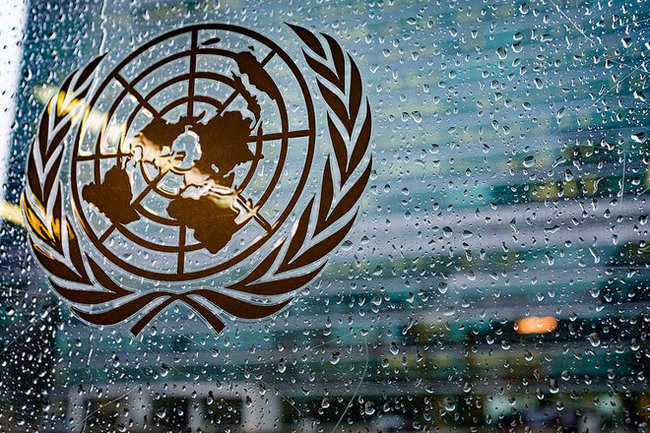Explanation of Vote on a draft resolution on “Threats to international peace and security caused by terrorist acts”
The Russian Federation voted in favour of the UN Security Council resolution on “Threats to international peace and security caused by terrorist acts” tabled by Indonesia.
By doing so, we were guided by the necessity to maintain unity and effectiveness of the Council when it comes to addressing the pressing challenges posed by terrorism, particularly the activities of foreign terrorist fighters (FTFs).
We express our appreciation to our Indonesian colleagues for their efforts in trying to ensure added value of a new decision of the Security Council dedicated to the issues of prosecution, rehabilitation and reintegration (PRR) of FTFs and their family members. Although the Security Council, in its resolutions 2178 (2014) and 2396 (2017), already provided detailed recommendations to Member States on development of national PRR strategies, we agreed to elaborate on these provisions with a view to ensuring accountability of terrorists and strengthening international cooperation in this regard.
Unfortunately, this endeavour did not prove to be as successful, as we had hoped. Most importantly, the present resolution fails to recognize the primary importance of measures aimed at repatriating FTFs from conflict zones, namely in Syria and Iraq. We call on all Member States to enhance efforts aimed at returning their nationals, whether involved in terrorist activities or accompanying terrorists, and abide by their obligations to bring these individuals to justice. For these purposes, it is absolutely crucial to utilize the existing treaties on mutual legal assistance and extradition more effectively, introduce expedited and simplified procedures for the transfer of terrorists, while adhering to the principle “extradite or prosecute” and ensuring inevitability of punishment.
It is worth underlining in this regard, that the principle of inevitability of punishment must be also applied to the family members of FTFs whenever there is a sufficient proof of their guilt. Respective penal measures can not be substituted by non-custodial rehabilitation and reintegration programmes. All such efforts should be undertaken in prisons.
It is true that many States face challenges in obtaining admissible evidence from conflict zones, which may be instrumental in securing convictions that duly reflect the seriousness of offences. The present resolution reflects on this issue in general terms. However, we wish to specifically stress several fundamental principles that must be fully observed when States consider involvement of the military in the process of collection, sharing and use of evidence.
First and foremost, based on the principles of respect for sovereignty and territorial integrity of States, the authority to collect information and evidence under these exceptional circumstances can not be delegated to any military personnel in areas of armed conflict. Deployment of a military contingent must be supported by clear legal authorities and regulations. A troop-sending State must receive an explicit consent from a troop-receiving State for these purposes. Otherwise, there should be an international legal mandate, namely on a basis of a Security Council decision. Moreover, collection of evidence by the military should be in line with national legislation and international law, while the authority to engage in the aforementioned activities should be specifically stated in the mandate provided to them.
